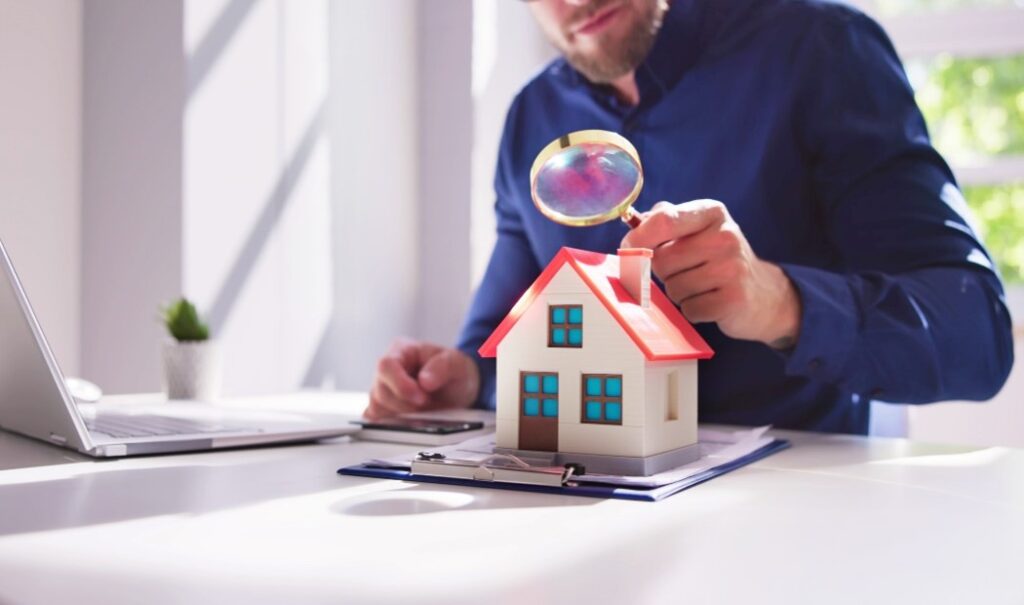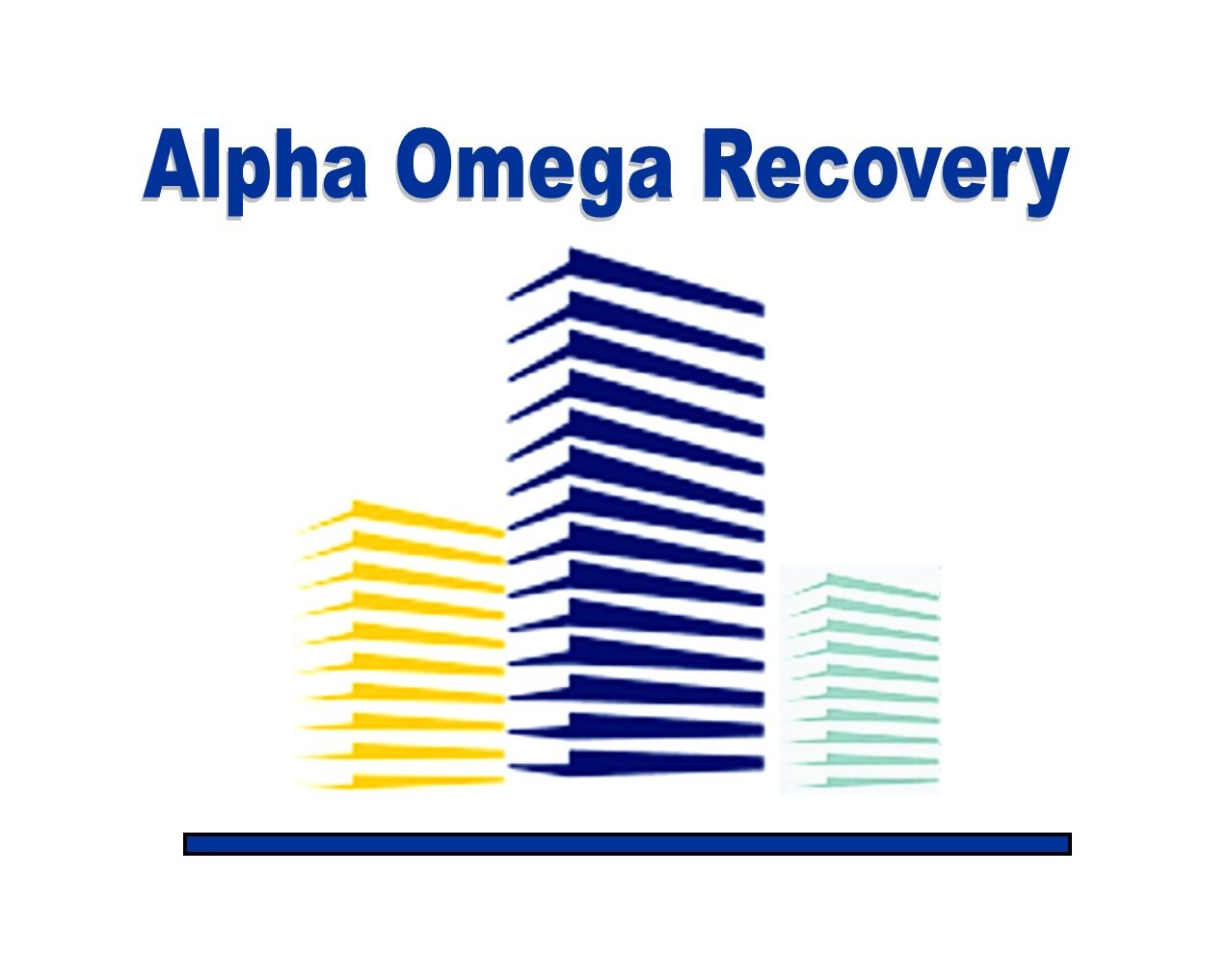The last thing you need is for the buyer to sue you after they bought the property and then found an issue!

Home inspectors carry significant liability, so it’s crucial to conduct thorough inspections and minimize potential risks. Most Property Inspectors follow a checklist of critical things to look for. However, here’s a comprehensive list of over 30 items to look for during a home inspection, followed by strategies to minimize liability concerns.
It’s worth noting that this just happened to a home inspector that we know. Fortunately, they had Errors and Omissions Insurance, but still got hit with the deductible. It’s worth having professional liability insurance.
Things to Look For:
- Roof Condition: Inspect for missing shingles, signs of wear, and leaks.
- Gutters and Downspouts: Clear and properly directing water away.
- Exterior Walls: Look for cracks, rot, and water damage.
- Interior Walls: A small water leak can “weep” up into the drywall.
- Foundation: Check for cracks, settling, and moisture issues.
- Windows: Inspect seals, frames, and operational function.
- Doors: Assess alignment, locks, and overall condition.
- Plumbing System: Look for leaks, pipe condition, and water pressure.
- Electrical System: Inspect wiring, outlets, and circuit breaker panels.
- HVAC System: Evaluate age, maintenance records, and functionality.
- Insulation: Check attic and crawl spaces for adequacy and moisture.
- Attic: Inspect for ventilation and insulation integrity.
- Flooring: Assess for evenness, damage, and signs of moisture.
- Kitchen Appliances: Test functionality of all built-in appliances.
- Bathroom Fixtures: Check for leaks, water pressure, and function.
- Siding: Inspect for damage, wear, and pest infestation.
- Driveway and Walkways: Look for cracks, heaving, and safety hazards.
- Fencing: Assess condition, stability, and potential hazards.
- Landscaping and Grading: Ensure proper drainage away from the foundation.
- Pest Evidence: Look for signs of rodents or insect damage.
- Fireplaces and Chimneys: Inspect for cleanliness and structural issues.
- Smoke and Carbon Monoxide Detectors: Ensure functionality and compliance.
- Environmental Hazards: Be aware of asbestos, lead paint, and radon.
- Septic System: If applicable, check condition and maintenance history.
- Pool and Spa: Inspect safety features, leaks, and equipment.
- Heating and Cooling Ducts: Check for blockages and cleanliness.
- Electrical Grounding: Ensure systems are properly grounded.
- Water Heater: Assess age, condition, and leaks.
- Garage Door Mechanism: Test functionality and safety features.
- Staircases and Railings: Ensure safety, stability, and proper installation.
- Exterior Lighting: Check for proper functionality and safety.
- Perform many MOLD tests: Certainly, mold can grow rapidly so be sure to have negative tests will give you some protection from a claim. Even though they can cost you a few dollars, it will be well worth it.

Here are some ideas to minimizing Liability Concerns:
- Thorough Documentation: Keep detailed records of all inspections, including photos and notes.
- Clear Communication: Explain findings clearly to clients, including potential concerns and recommendations.
- Limit Scope of Inspection: Clearly define what is included in the inspection to manage client expectations.
- Use Inspection Agreements: Have clients sign an agreement outlining the scope, limitations, and liabilities of the inspection.
- Continuing Education: Stay updated with industry standards, codes, and best practices through ongoing training.
- Professional Liability Insurance: Obtain appropriate insurance to protect against claims. (As stated above…You need E&O Insurance.
- Use Checklists: Employ standardized checklists to ensure no important areas are overlooked.
- Disclose Limitations: Be upfront about areas that are not inspected (e.g., hidden or inaccessible spaces). This can protect you later!
- Referral to Specialists: When issues are found, refer clients to licensed professionals for further evaluation. You can’t be an expert in everything.
- Provide Maintenance Tips: Offer clients guidance on how to maintain their new home and prevent future issues. Many homeowners, and especially new ones appreciate these tips. And can help how they think of you.

By being diligent and thorough in inspections and proactive in communication and documentation, home inspectors can help minimize their liability while providing valuable service to home buyers. These are only a few of the points that can come into play. As Always, Protect Yourself From Liability!
Author: Dick Wagner, Tactical Specialist
Alpha Omega Recovery, LLC Naples * Fort Myers * Sarasota
